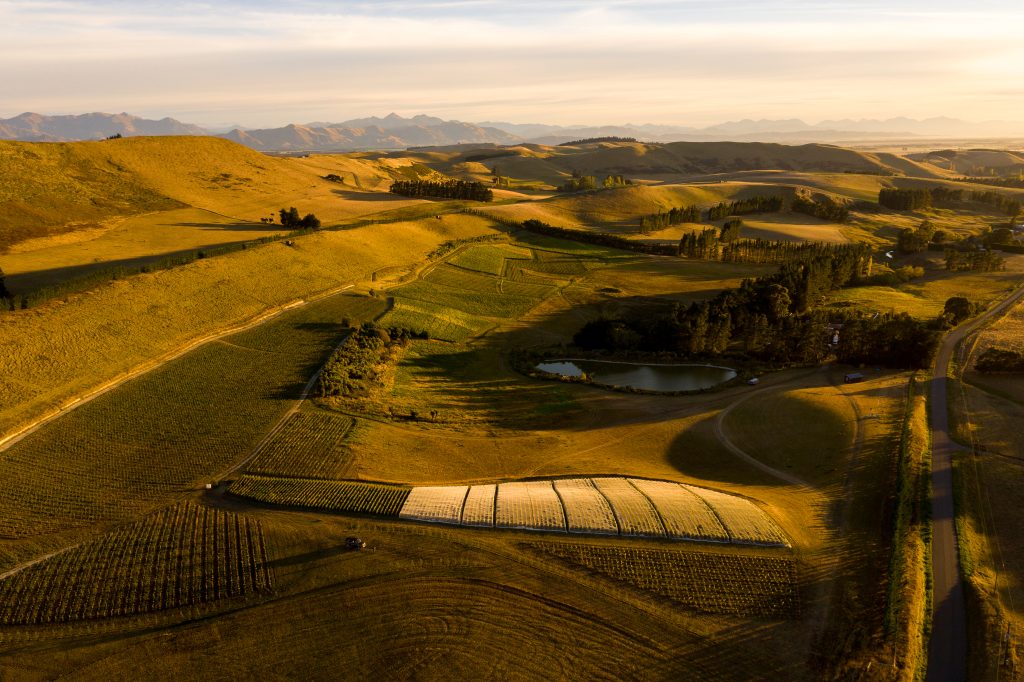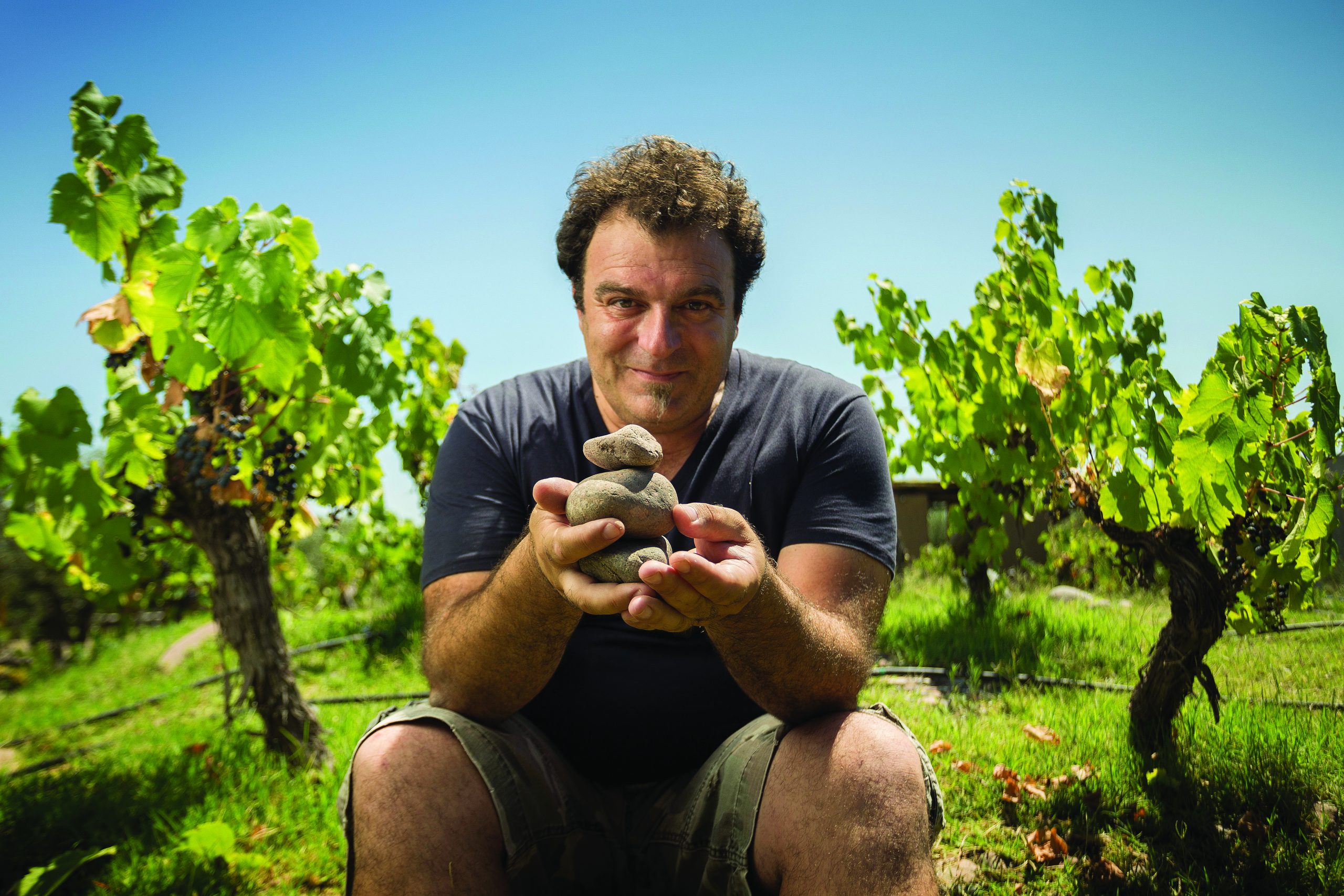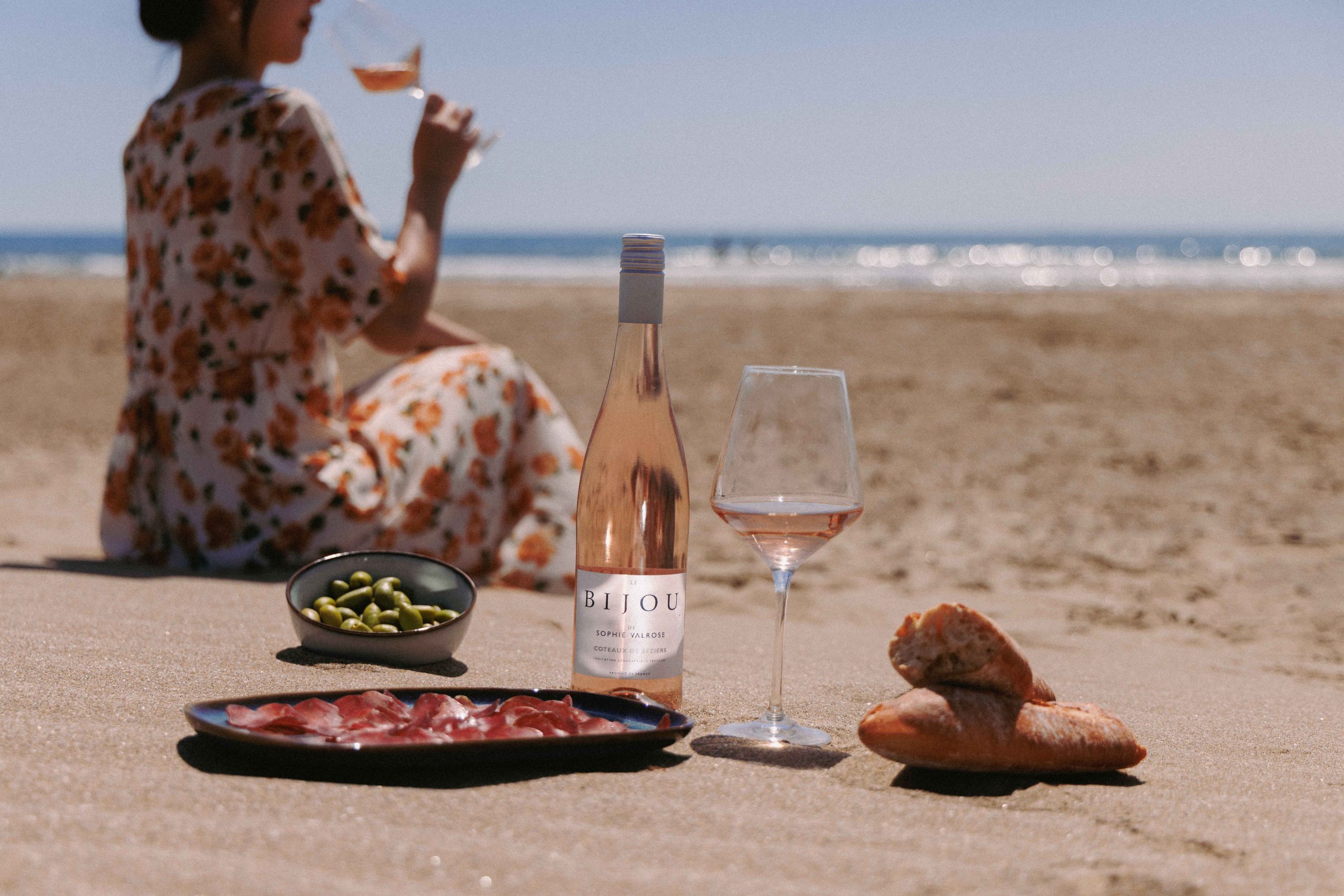NZ winery launches ‘game-changing’ terroir ‘finger-print’ for fine wine
By Richard WoodardHigh-end New Zealand winery Pyramid Valley has joined forces with forensic science business Oritain to launch a high-tech guarantee of a fine wine’s provenance and authenticity.

Claimed as a world first and a game changer for fine wine, the verification uses forensic science to develop a “fingerprint” of a wine’s origin in the vineyard – a fingerprint that persists throughout the wine’s production, supply chain and cellaring.
The first wines using the technology are Pyramid Valley’s newly launched 2020 Botanicals Collection of two Chardonnays and two Pinot Noirs from Waikari, a cool-climate vineyard in New Zealand’s North Canterbury region.
The technology has pinpointed individual fingerprints for each of the four wines, even though their vines are located no more than 500 metres apart and share the same broad characteristics in terms of soil type (limestone/clay), slope and mesoclimate.
The parcels are planted with the same clones of Chardonnay and Pinot Noir, with the same density of planting.
Oritain, a New Zealand tech company that applies forensic science to solve problems around origin and authenticity, analyses the unique geochemistry of individual vineyard parcels, identifying the presence and concentration of up to 42 different elements from the periodic table. As vines grow, they absorb a unique combination of those elements.

Oritain takes a number of samples from the soil, as well as from the grapes and from the wine before bottling. The resulting fingerprint can distinguish variations in the wine at different levels, including region (eg North Canterbury vs Marlborough), vineyard, and vineyard parcel.
The results are verified to a confidence level of 95% or greater, with fresh samples to be taken in order to trace future changes in the vineyard (and therefore the wine).
Pyramid Valley co-owner Steve Smith MW said the partnership, which began six years ago “over a beer”, was designed to guarantee the origin of Pyramid Valley’s wines to its customers, a principle he described as “sanctity of place”.
The results, he added, had come as a surprise. “For me, it provided this absolute guarantee that we could give to our customers. I didn’t expect to get that result – I expected that we would get a fingerprint for the [overall] vineyard.”
Tests on a number of back vintages had identified a similar fingerprint. “Even with different owners and winemaking techniques, there were still statistical similarities,” Smith said. “The link is still indicated.”
Partner Content
Each Botanicals Collection bottle carries the Oritain Trustmark on its back label, including a QR code that gives consumers a digital link to the guarantee and further information about the wine.
Beyond proving provenance, Smith claimed the technology could also help tackle problems of fraud and authenticity in the fine wine marketplace. “There’s an absolute, independent guarantee that [the wine] is from that place – something that the fine wine world is crying out for,” he said.
Stew Whitehead, global head of food for Oritain, said the 2020 Pyramid Valley Botanicals Collection – comprising Pinot Noirs Angel Flower and Earth Smoke, and Chardonnays Lion’s Tooth and Field of Fire – were believed to be the first scientifically verified wines in the world.
Until now, he added, technology was only able “to prove that the bottle was genuine, but not that the wine inside it was genuine”.
Whitehead said that, although the science that underpins the Oritain fingerprint is not necessarily new, the techniques it uses are. The company has worked with clothing businesses to prove, for instance, that cotton has not been sourced from a prohibited risk origin – and with the food industry to verify that lamb is from a specified place, such as Wales or New Zealand.
Oritain is still in the early stages of building up a statistical database of vineyard locations. So far, samples have been taken from a number of places around the world, from California and Oregon to Spain and New Zealand.
The company believes the fingerprinting could be applied on a regional level – thus proving that, say, Barossa Shiraz comes from Barossa – and even on a national level, which could create interest for individual appellations or PGIs (protected geographical indications).
The technology is relatively expensive – Oritain and Pyramid Valley declined to discuss just how expensive – suggesting that it might be applicable to fine wine companies, or the owners of high-volume brands concerned about proving provenance and detecting fakes in the marketplace.
To date, Pyramid Valley has had no problems with counterfeit wines – and, for the winery, the Oritain fingerprint is primarily a guarantee of precise provenance. But Smith said: “If a customer wants to verify for themselves the 2020 Lion’s Tooth in their glass is the authentic product, we offer a unique guarantee. They simply have to keep a sample, contact us, and Oritain can supply the verification.”
More broadly, the fingerprint provides some reassurance and sense of security in a marketplace where – in the case of the Botanicals Collection – consumers are expected to spend more than £60 on a bottle of wine.
“Provenance, and a guarantee of that provenance, adds value in the high-end wine consumer’s mind,” said Smith.
Related news
Final call for entries to The Drinks Business Asia Masters




